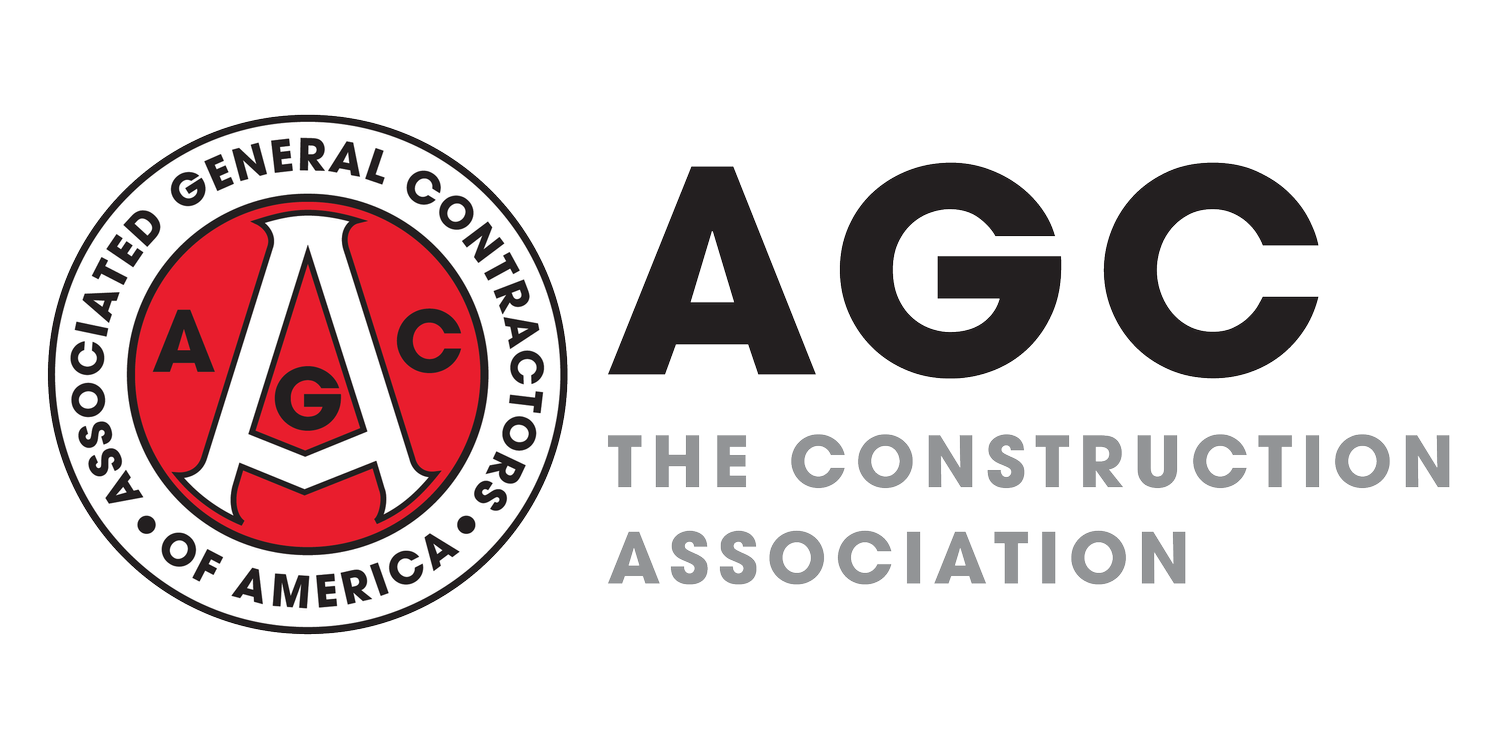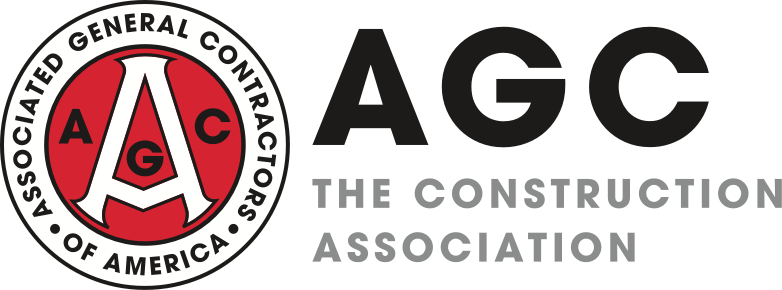Master the Blueprint: Top 6 Construction Management Skills
BY JAMIE BOLLINGER
STRATEGIC ACCOUNT EXECUTIVE
CONSTRUCTION, ENVIRONMENTAL & ENERGY
AEROTEK, A MEMBER OF MULTIPLE AGC CHAPTERS
Constructing anything requires a lot of labor. Many think of this labor as the individuals doing the actual construction work, like the carpenters, electricians and masons. But construction managers — while not always the most visible — are equally important. They’re the ones responsible for keeping all the workers focused on the same goal, and organization is key.
Construction management skills are important because they trickle down to the workers. A good manager knows the roles of their employees, their strengths and weaknesses and communicates effectively. This makes their workers’ jobs easier, keeps morale up and makes the job go much more smoothly. Here are a few construction management skills to keep in mind.
What Qualities Are Important for a Construction Manager?
Analytical Skills: The Blueprint of Successful Construction Management
A manager needs to be good at giving instructions. Part of being able to give those instructions is to know what you’re talking about and what information to provide. Quality construction managers are good readers and listeners. Blueprints and progress reports need to be analyzed, and then the information needs to be relayed to fellow managers and the rest of the team. Being able to break down that information and communicate it to other teams is a critical construction management skill.
Good analytical and interpreting skills are important because a misinterpreted blueprint could cost wasted time, effort and money. Analytical skills can make a big difference in the grand scheme of the project, so being a systematic manager is a must to succeed in construction. As an individual ascends to higher roles, they’ll be exposed to different and more types of information, so developing good analytical and reading skills early on will pay off later.
Business Skills: The Framework of Construction Management
Remember that construction is a business. Construction managers will often be responsible for running certain aspects of the company. This can include, but isn’t limited to, making employee schedules and payroll, recruiting and onboarding, partnering with other companies and other administrative tasks.
These skills are quite different from the ones learned and acquired before becoming a manager. However, they’re no less important when there is a bottom line and accountability to the company’s leadership. A construction manager will be asked to help with recruiting and interviewing to build a good team, and then be responsible for leading that workforce on the construction site.
As individuals advance toward a construction management career path, they may be asked to oversee multiple managers. These relationships can reinforce their construction superintendent skills. Instead of recruiting trades and construction workers, they’ll be responsible for recruiting and promoting managers.
Communication Skills: The Cement that Holds the Construction Team Together
This isn’t just a construction management skill. All construction workers should have good communication skills. It makes everyone’s life that much easier. As a manager, it becomes even more important because they’ll be expected to run a team that can include many people. They’ll be responsible for making sure they achieve expected goals, assisting with troubleshooting and working out issues like absences and coverage. And often, they’ll need to relay these findings to other managers and supervisors, so being able to communicate timely and succinctly will serve managers well. Remember that good communication doesn't just mean verbal skills, but also encompasses writing skills like email and written reports.
Decision-Making Skills: The Architect of Effective Construction Management
This is a communication, business and analytical construction management skill that will be expected of managers. To develop good decision-making skills,they need to be good at analyzing the situation. Construction projects come with risks, rewards and ripple effects that might impact the rest of the company, not just those on a jobsite. Construction managers must report and explain their decisions to the rest of the company. Being able to explain how they logically arrived at their decisions can help them build relationships and be seen as a competent leader.
A construction manager will probably be expected to decide on which business projects to pursue, whom to hire on the team and how to run that team. And, with progressive career moves, they’ll likely be making even more decisions. These include ones that may have bigger ripple effects on the company, so building decision-making skills as a manager is a good investment.
Leadership Skills: The Pillar of Effective Construction Management
Leadership is arguably the most important skill for a construction manager to possess. A leader of a varied team (trades, laborers, machinists) has to know and be mindful of the strengths and weaknesses and skills of everyone on the team. Team members will often come to the construction manager first if issues arise, so they need to be able to apply their previous experience, troubleshoot and be good at mitigating conflict between employees. Being a good leader is part being a good listener, part being a good communicator, and above all, treating the team with respect. Like the rest of the skills discussed, they won’t change — and will only matter more — as an individual climbs higher within the company.
Technical Skills: The Nuts and Bolts of Construction Management
As mentioned earlier, most managers in construction were former construction workers themselves — they might have started as a machinist or a trades worker before becoming a manager. While they won’t be expected to know every aspect of every different worker’s job, retaining some of their technical knowledge from previous experience will be useful.
Managers will be expected to stay informed on the trends in the construction industry, because that way they’ll be better prepared to lead and do business. This includes staying informed on guidelines for buildings, being familiar with materials, tools and equipment for each job and retaining the necessary education and licenses for their position (and making sure that their employees' credentials and certifications are up to date as well). These may become less relevant as managers move to superintendent positions, but staying familiar with the technical aspects of construction work is always helpful.
Additional Skills: Expanding the Construction Management Toolbox
Construction managers might want to have the following in their toolbox too:
Negotiating
This is a necessary skill when working with clients, employees and potential hires. Being a good negotiator comes from being a good analyst and communicator and will help an individual fulfill their managerial role.
Time management
Mastering time efficiently to handle all duties will be critical.
Problem-solving
Being able to troubleshoot problems at the managerial and laborer level will be key to a manager’s success. A lot of it stems from being respectful and a good listener and trying to approach the problem with a team mindset.
Jamie Bollinger is a strategic account executive for Aerotek’s Construction & Energy Industry. He has been with Aerotek for over 26 years and has served our construction, environmental and energy customers for 13 years as a national sales representative.
Jamie’s responsibilities include developing client relationships, creating staffing and services solutions to meet client needs and creating national points of contact between organizations to help clients execute work at the local level.
Jamie’s extensive experience working with Fortune 100 and regional construction companies has given him valuable insight into the workforce challenges facing the construction industry.
If you are interested in advancing your construction supervisory skills, rely on AGC’s educational offerings. Visit https://learning.agc.org/ for more information.
